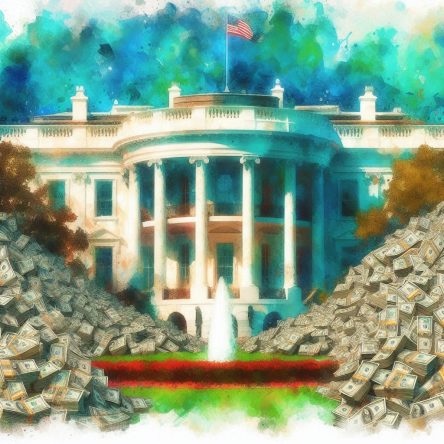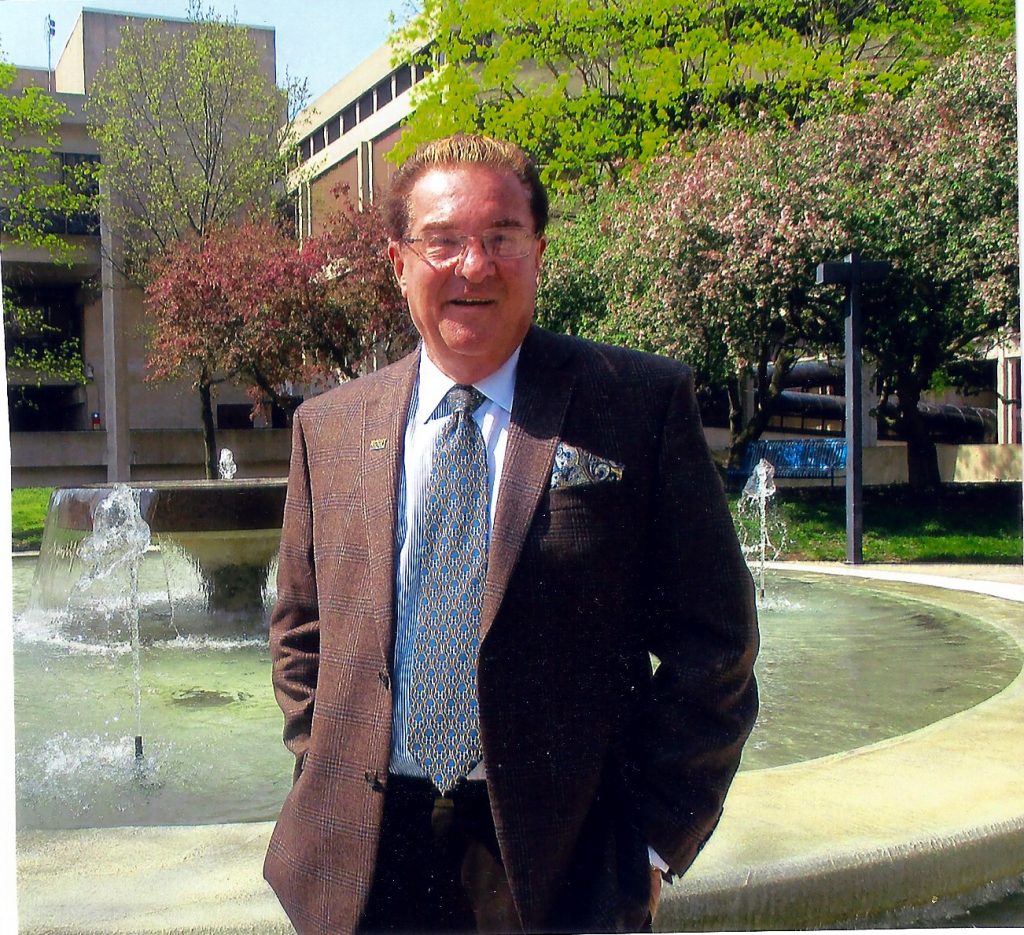By Darren Johnson
Campus News
Buried on one of their early albums in the 1970s, the Talking Heads had a fun, counterintuitive song titled “Don’t Worry About the Government.” It didn’t even merit a video, but here they are playing it on some British TV show back then:
The lyrics color us a picture of some D.C. bureaucrat who probably doesn’t do much tangible work but still finds beauty and has value.
The Talking Heads would later explore this concept of celebrating the everyman in their 1986 movie “True Stories.”
The point being, today, we’re hearing the DOGE rhetoric of so-called “useless” employees eating up tax dollars, and, sure, if you break it down, aren’t most jobs philosophically useless? Didn’t we realize that during the Covid pandemic, when “non-essential” employees could merely work from home?
When I first moved to my Upstate Capital Region region small town a decade and a half ago, I took a taxpayer-funded public college administrative job and did a lot of work and had a lot of responsibility, handling all of the college’s PR, marketing and communications. I created a lot of output, and had a decent budget to manage and people reporting to me. The college had record enrollment during my tenure. If DOGE existed then, my job would have been safe because I had tangible proof of success in that role.
Around that time, a person at a slightly higher pay was also hired. He occupied the office next to mine. His only responsibility was to write the occasional report to ensure the college remained accredited. However, he wasn’t even good at that, and the president would have me write the reports instead. If ever there was a non-essential employee, it was this guy.
But if you look at it bigger picture, it’s not like he took the salary and hid it in a bank. He spent it. He helped his mother. He went out to fancy restaurants a good deal. He was known to go to a local casino on more than one occasion. The money just went back into the community, helping others.
People earning salaries are essential. Otherwise what do we have? Higher unemployment, less hope? A broke person (financially, spiritually) can’t spend money in the community, helping local businesses stay afloat; businesses that hire more people, our neighbors.
Like the song says:
I see the states, across this big nation
I see the laws made in Washington, D.C.
I think of the ones I consider my favorites
I think of the people that are working for me
Some civil servants are just like my loved ones
They work so hard and they try to be strong
I’m a lucky guy to live in my building
They own the buildings to help them along…
Loved ones, loved ones visit the building
Take the highway, park and come up and see me
I’ll be working, working but if you come visit
I’ll put down what I’m doing, my friends are important
All jobs are important, because people are important.
Fire a million government workers — tell them what they do is non-essential, that they’ve wasted their lives and stolen from taxpayers — and then what?
We’ll end up with a million now-disillusioned people and families that lost a bread earner. They will have no money to spend at local businesses, helping others in our communities.
How about retraining them, transitioning them to better jobs, instead? Respecting their value to the community, their personhood?
If, over the years, they somehow became irrelevant in their job, maybe that’s the government’s fault, and maybe that can be fixed with new training and an update job description? And is fear an effective motivator for those employees who remain? Won’t they want to know they will be respected and not be at risk of being suddenly fired (by email), so that they can take pride in their work — and breathe easily — and thus do a better job for us, the taxpayers?
I don’t hear anyone talking about doing that.







Facebook Comments